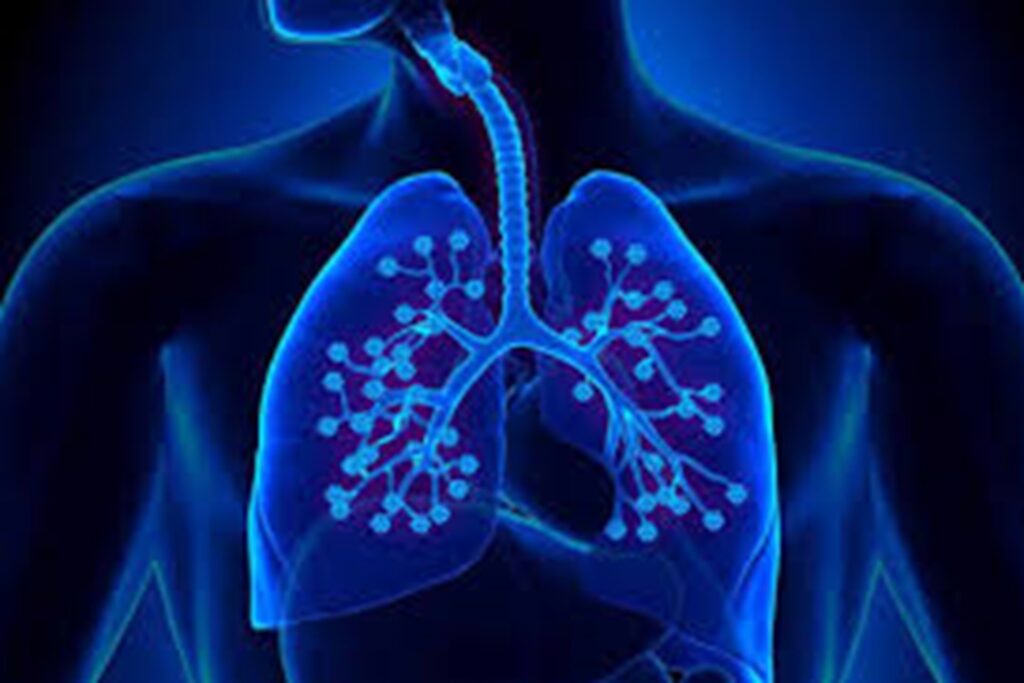
Overview:
Respiratory Tract Infections (RTIs) are infections that affect the airways and lungs, and can be categorized into upper respiratory tract infections (URTIs) and lower respiratory tract infections (LRTIs). These infections can be caused by bacteria, viruses, or fungi and affect areas such as the nose, throat, sinuses, bronchi, or lungs. Common examples include the common cold, bronchitis, and pneumonia.
Causes:
RTIs are most commonly caused by viruses, such as rhinoviruses, influenza, or coronaviruses. Bacterial infections, like Streptococcus pneumoniae and Haemophilus influenzae, can also cause respiratory tract infections. Fungal infections are less common but may affect immunocompromised individuals. RTIs are highly contagious and spread through droplets when an infected person coughs, sneezes, or talks.
Symptoms:
Symptoms of RTIs can include a runny nose, sore throat, cough, congestion, fever, fatigue, and shortness of breath. In the case of more severe LRTIs, such as pneumonia or bronchitis, symptoms may include chest pain, wheezing, and difficulty breathing. Symptoms vary depending on whether the infection is upper or lower respiratory in nature.
Treatment:
Treatment for RTIs varies depending on the cause. Viral RTIs generally resolve on their own, and supportive care such as rest, fluids, pain relievers, and decongestants is recommended. Bacterial RTIs may require antibiotics. In some cases, antivirals or antifungals may be needed. Severe cases may require hospitalization for oxygen therapy or mechanical ventilation.
Precautions:
To reduce the risk of RTIs, practice good hygiene, such as frequent handwashing and covering your mouth and nose when coughing or sneezing. Avoid close contact with infected individuals, and get vaccinated against flu and other preventable respiratory infections. Smoking should be avoided as it weakens the respiratory system and increases susceptibility to infections.
Prevention:
Proper hand hygiene, wearing masks during flu seasons, and avoiding close contact with infected individuals are key preventive measures. Vaccines, such as the flu vaccine and pneumococcal vaccine, help reduce the risk of certain respiratory infections. A strong immune system, maintained by a healthy lifestyle, can also help prevent RTIs.
For expert care in the treatment and management of Respiratory Tract Infections, visit the KDM Hospital in Lucknow. The hospital provides comprehensive diagnostic and treatment services, including advanced respiratory care, 24/7 doctor availability, ambulance services, budget-friendly options, and Ayushman card acceptance.
